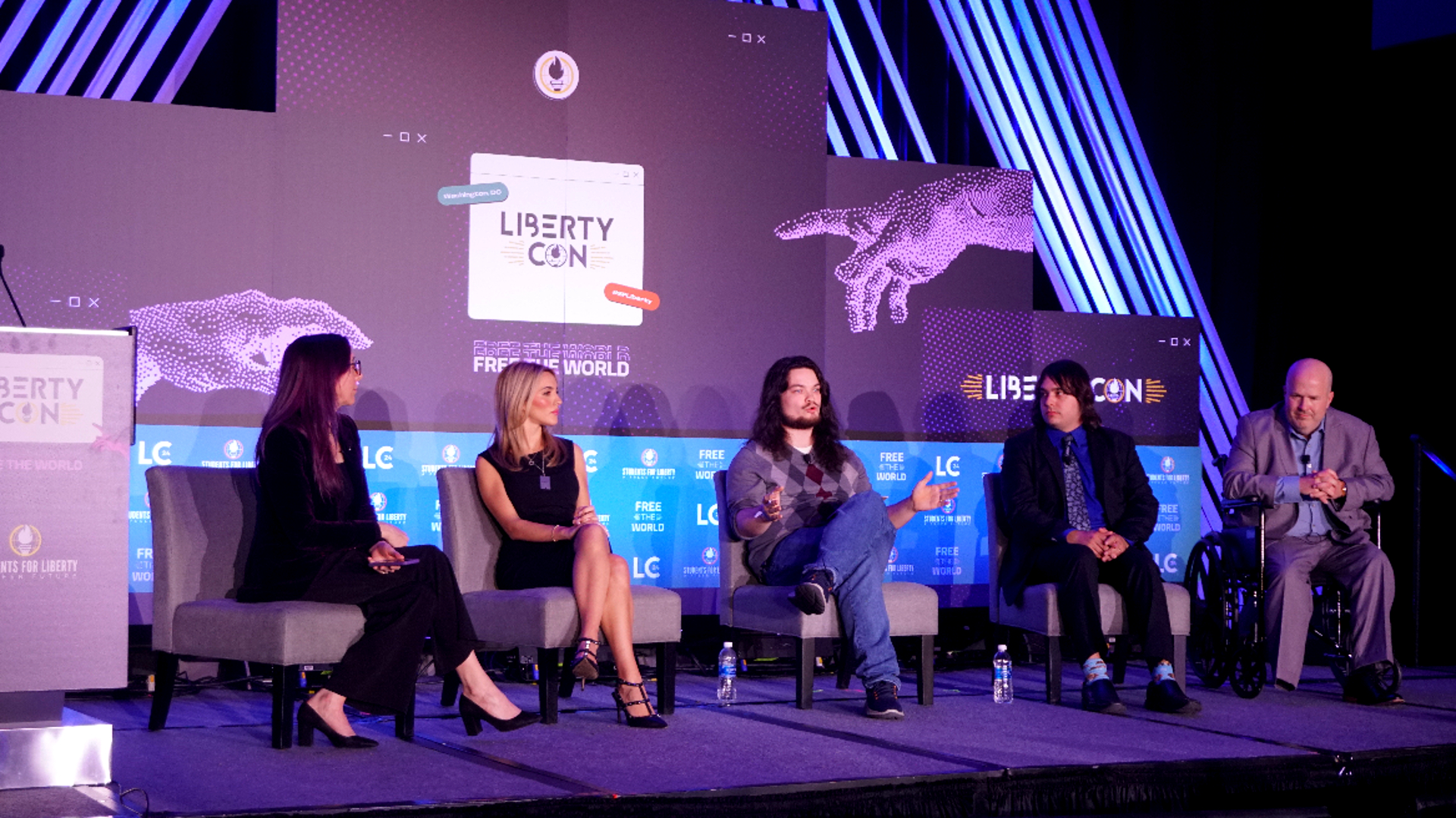Tag: polarization


The key to finding truth in a world of misinformation
March 6, 2024 | Post
Today, more than ever, journalism is confronted with significant challenges, especially with media outlets striving to captivate audiences and deliver returns to shareholders.
But what happens when sensationalism and biased narratives become the norm? Where can individuals turn for accurate information when journalists prioritize agendas over facts? And how do we find common ground in an era of intense political division and factionalism?

The rise of political violence: is it only going to get worse?
January 15, 2024 | Post
Political violence in the United States has experienced a surge in recent years. Incidents like the January 6, 2021 attack on the Capitol, Antifa rioting, and the infamous Charlottesville rally in 2017 have underscored a concerning trend.
The question that looms large is whether this surge is an isolated phenomenon or a harbinger of a darker future for the nation.

Justin Amash: exposing America’s broken political system
November 8, 2023 | Post
A former U.S. Representative for Michigan’s 3rd congressional district, Justin Amash stood out for his commitment to upholding the Constitution and pro-liberty principles.
One of the most compelling aspects of Justin Amash’s political journey lies in his unapologetic exposure of the deeply flawed political system he witnessed firsthand.

Why defending LGBTQ+ liberty remains an imperative
August 24, 2023 | Post
In a society that increasingly claims to champion progress and inclusivity, a recent tragic event stands as a stark reminder of the enduring danger faced by LGBTQ+ individuals and their allies.

Is social media a modern-day Tower of Babel?
January 6, 2023 | Post
As social media platforms use artificial intelligence to curate users’ feeds with the content they are most likely to engage with, this erects barriers to communication among people of differing opinions.

The dangerous simplicity of polarization
December 12, 2022 | Post
We cannot claim to want a better and more tolerant world while simultaneously creating distance between ourselves and those with whom we disagree. To overcome the exercise in collective insanity that is political polarization, we must separate the politics from the individual.

For a freer future, we must move beyond the culture war
October 6, 2022 | Post
In the hyperpartisan culture war, increasingly radical and uncompromising political factions seek to leverage division to cement their own power

National divorce is not a pro-liberty solution
July 21, 2022 | Post
It’s time for a broader discussion about why national divorce is not a pro-liberty solution. Fundamentally, for any change in the structure of government to be pro-liberty, it must move us towards more individual liberty, not away.

